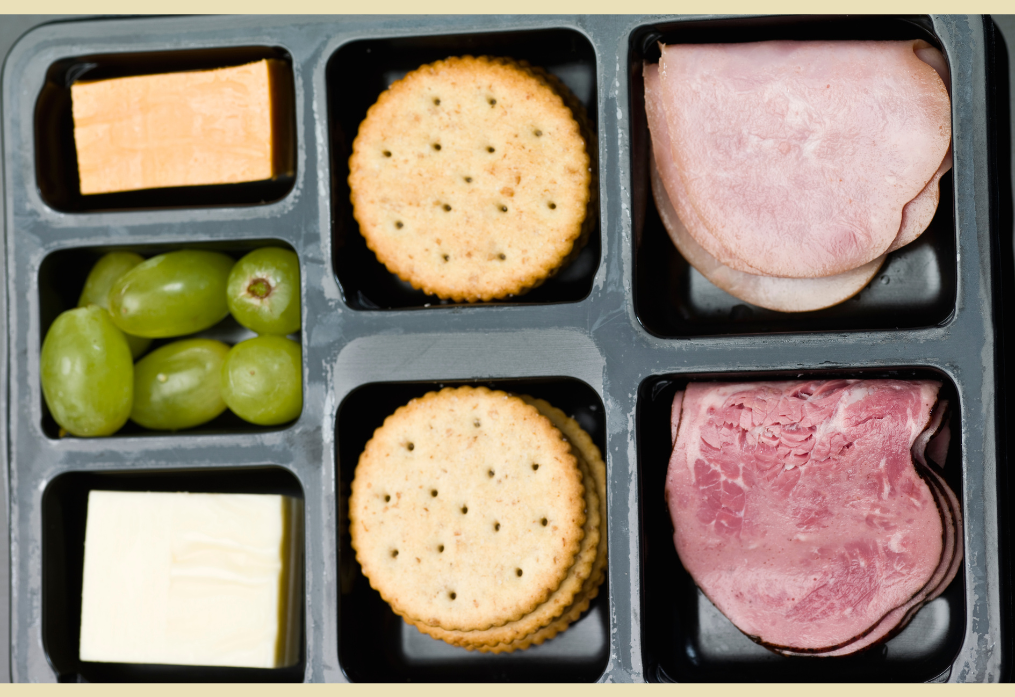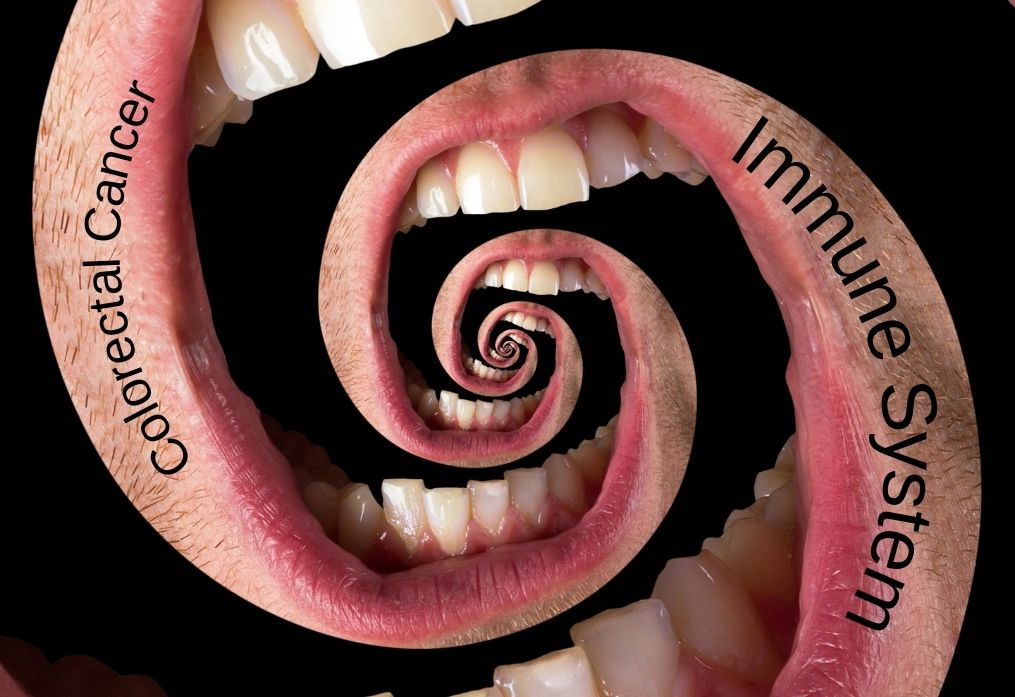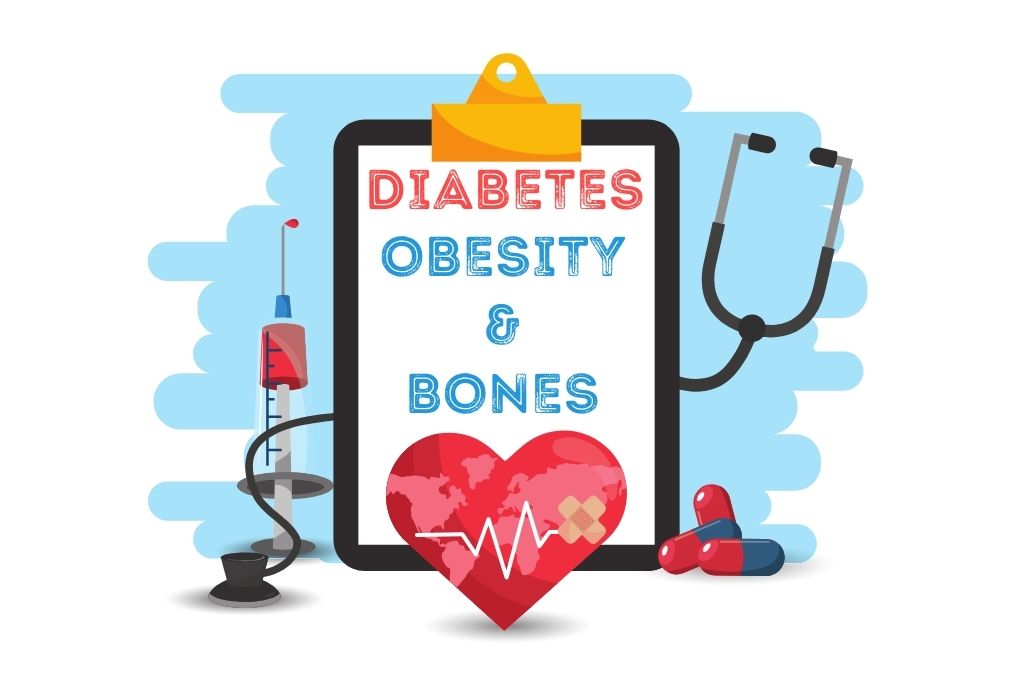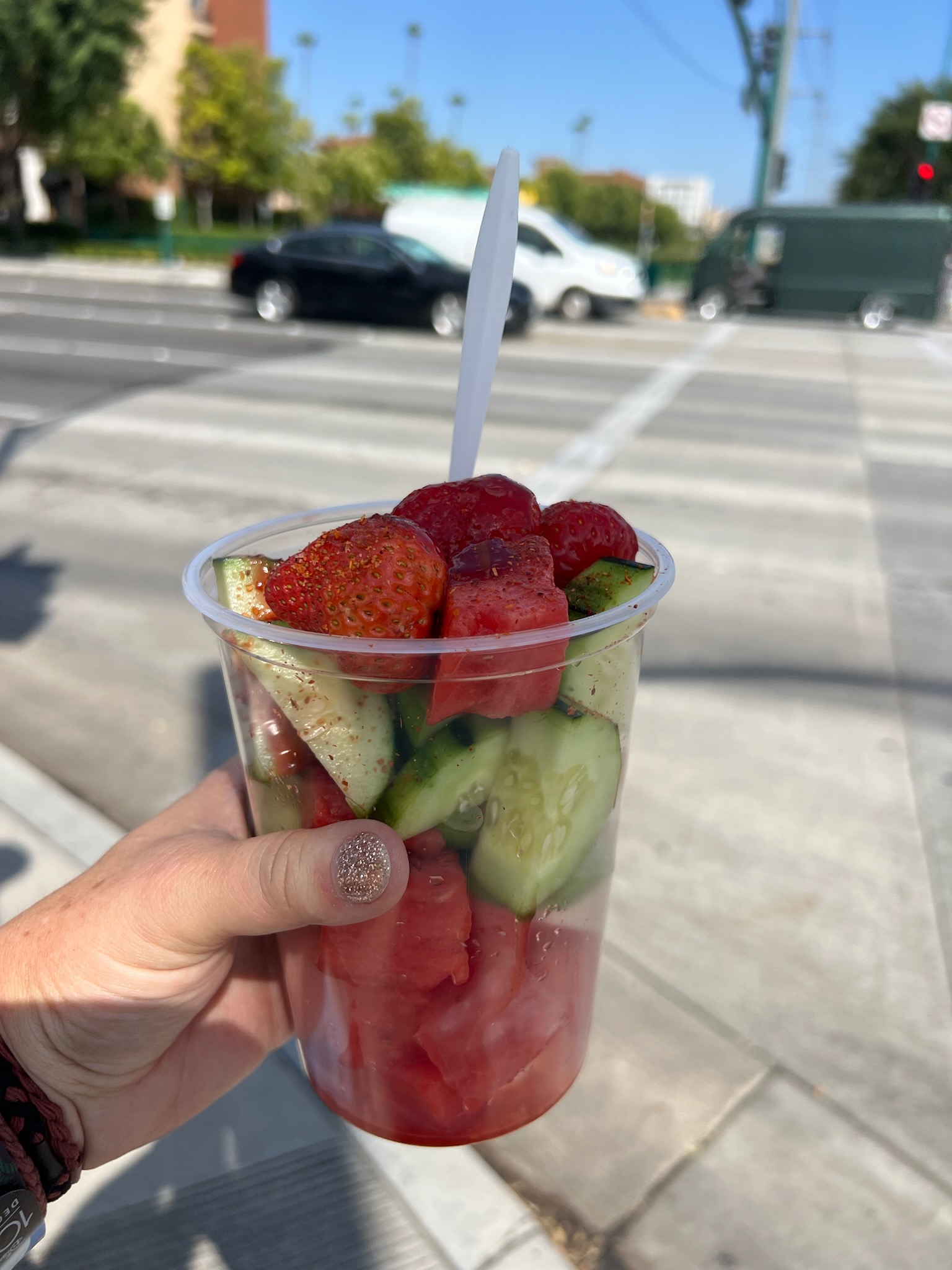Lunchables burst onto the scene in 1988, as a convenient meal option for children, quickly becoming a staple in school lunchboxes nationwide. However, recent findings from a Consumer Reports investigation have shaken parents’ confidence in these popular kits. Released on April 9, 2024, the report reveals alarming levels of lead, sodium, and potentially harmful chemicals in Lunchables and similar snacks.
Two weeks ago, Consumer Reports released news of their urging the removal of Lunchables from school trays across the country, citing health risks associated with their consumption. A petition to the U.S. Department of Agriculture, with over 14,000 signatures, submitted demands for eliminating Kraft Heinz products from the National School Lunch Program.
The research conducted by Consumer Reports examined 12 store-bought versions of Lunchables, uncovering lead or cadmium in all of them. Additionally, the sodium content in these kits far exceeded the recommended daily limits for children, posing risks of high blood pressure and other health issues.
The dangers of chemicals in the Lunchables ingredients list cannot be understated.
| Chemical Name | Dangers of Consumption | Affected Organ(s) |
|---|---|---|
| Sodium | High intake can lead to hypertension, kidney damage, and electrolyte imbalances | Heart, Kidneys |
| Cadmium | Even in small amounts, are capable of causing developmental problems in children, hypertension, kidney damage, and other health problems in adults | Kidneys |
| Lead | Developmental problems in children, hypertension, kidney damage, and other health problems in adults | Nervous System, Kidneys |
| Oleic Canola | Excessive consumption may lead to impaired cognitive function and cardiovascular issues | Brain, Heart |
| High Fructose Corn Syrup | Linked to obesity, type 2 diabetes, and metabolic syndrome | Liver, Pancreas |
| Palm Oil | High consumption may increase cholesterol levels and risk of heart disease | Heart, Liver |
| Sodium Nitrate | Associated with an increased risk of cancer, particularly colorectal cancer | Digestive System |
| Sorbic Acid | Large quantities may cause gastrointestinal issues and allergic reactions | Digestive System |
| Partially Hydrogenated Cotton Seed Oil | High intake can lead to increased cholesterol levels and heart disease | Heart, Blood Vessels |
| TBHQ | Excessive consumption may lead to nausea, vomiting, and liver damage | Liver, Digestive System |
| Soy Lecithin | Generally safe in small amounts but may cause allergic reactions in some individuals | Brain, Nervous System |
| Cocoa Processed with Alkali | High intake may lead to caffeine-related side effects and gastrointestinal discomfort | Digestive System |
| Vanillin | Generally regarded as safe but may cause allergic reactions in sensitive individuals | Digestive System |
| Sodium Lactate | High consumption may increase cholesterol levels and the risk of heart disease | Kidneys |
Even small amounts of lead and cadmium can induce developmental issues in children, with risks compounding over time with regular exposure. Elevated sodium levels are associated with increased blood pressure. The protein content in Lunchables and similar kits, primarily derived from processed meats, is linked to heightened cancer risks. The Lunchables Turkey and Cheddar Cracker Stackers contained 74% of the maximum allowable lead dose, while the Pizza with Pepperoni and Extra Cheesy Pizza kits had 73% and 69%, respectively. Regarding sodium, these Lunchables kits contained 49%, 45%, and 34% of the recommended U.S. dietary guidelines. Versions tailored for school lunch menus exhibited even higher sodium levels.
Consumer Reports emphasizes that Lunchables lack nutrient-dense options, such as vegetables and fruits, further raising concerns about their nutritional value. Urging the USDA to take action, Consumer Reports provides a platform for concerned individuals to sign a petition advocating for healthier school lunch options.

In light of these findings, parents must take action by contacting the USDA and insisting on the removal of Lunchables from school lunch menus. The National School Lunch Program must prioritize the health and well-being of children over the influence of large food companies lobbying for processed foods. With mounting evidence against their safety, the time to act is now.
REFERENCES
- Sodium: Mayo Clinic – Sodium: How to tame your salt habit now
- Cadmium: World Health Organization – Cadmium
- Lead: Centers for Disease Control and Prevention – Lead
- Oleic Canola: Healthline – Oleic Acid: The Heart-Healthy Fat
- High Fructose Corn Syrup: Harvard T.H. Chan School of Public Health – The Nutrition Source – Sugary Drinks
- Palm Oil: Harvard T.H. Chan School of Public Health – The Nutrition Source – Fats and Cholesterol
- Sodium Nitrate: American Cancer Society – Nitrates, Nitrites, and Cancer Risk
- Sorbic Acid: PubMed – Sorbic acid and its salts as antifungal food preservatives
- Partially Hydrogenated Cotton Seed Oil: Cleveland Clinic – Trans Fat
- TBHQ: Food and Chemical Toxicology – Toxicological evaluation of tertiary butylhydroquinone (TBHQ)
- Soy Lecithin: PubMed – Effects of soy lecithin on cognitive performance and mood
- Cocoa Processed with Alkali: American Chemical Society – Cocoa processing and impact on composition and quality
- Vanillin: Food and Chemical Toxicology – Vanillin
- Sodium Lactate: European Food Safety Authority – Sodium Lactate













